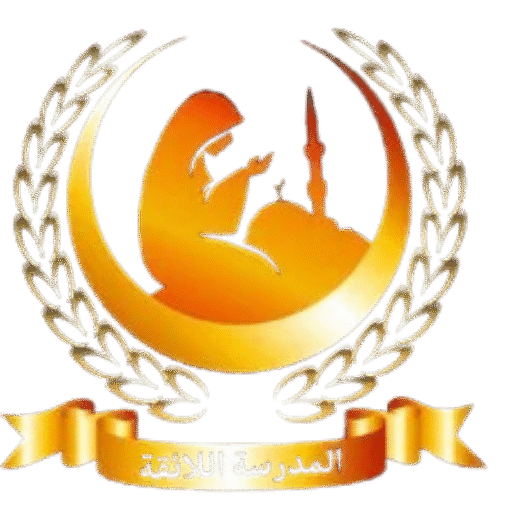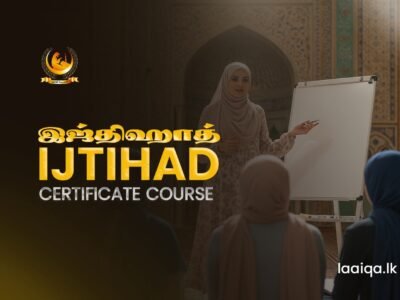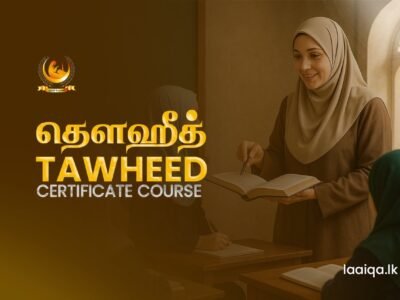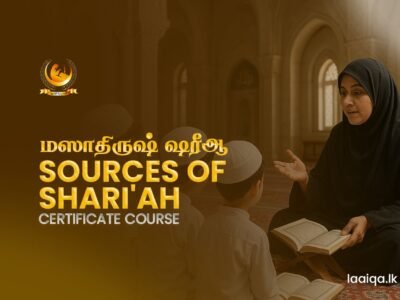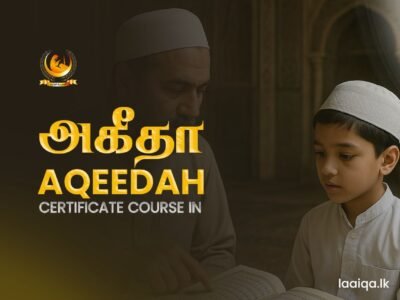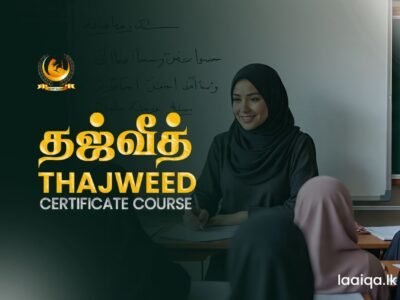“Mualima Methodology” refers to a specialized teacher training program designed specifically for Muslim women educators in Islamic studies. This comprehensive methodology encompasses various aspects of pedagogy, Islamic scholarship, and personal development to equip female teachers with the necessary skills and knowledge to effectively impart Islamic education. Here’s a detailed description of the program:
1. Islamic Knowledge Foundation: The core of the Mualima Methodology is a deep understanding of Islamic teachings. This includes studies in Quranic exegesis (Tafsir), Hadith (Prophetic traditions), Fiqh (Islamic jurisprudence), Aqeedah (Islamic creed), and Seerah (the life of Prophet Muhammad). The program ensures that teachers have a solid grasp of Islamic principles and values.
2. Pedagogical Skills: An essential component of the program is training in modern pedagogical techniques. This includes learning how to create engaging lesson plans, effective classroom management strategies, and adapting teaching styles to cater to diverse learning needs. The focus is on interactive and student-centered learning approaches.
3. Gender-Specific Educational Needs: Special emphasis is placed on understanding the unique educational needs of female students. The program explores gender-specific approaches to teaching and learning, ensuring that Mualimas are equipped to address the educational and spiritual needs of their female students.
4. Cultural Sensitivity and Inclusivity: The methodology incorporates training on cultural sensitivity and inclusivity, recognizing the diverse backgrounds of Muslim communities. Mualimas are trained to respect and incorporate cultural differences into their teaching while maintaining adherence to Islamic principles.
5. Technological Integration: With the growing importance of technology in education, the program includes training in digital tools and online teaching methodologies. This equips Mualimas to effectively use educational technology to enhance learning experiences, especially in settings where remote or blended learning is necessary.
6. Personal Development and Ethics: The program places a strong emphasis on the personal development of Mualimas, focusing on ethical teaching practices, leadership skills, and personal spirituality. The goal is to develop educators who are not only knowledgeable but also embody Islamic values in their conduct and teaching.
7. Practical Training and Mentorship: A significant part of the Mualima Methodology involves hands-on training and mentorship. This includes classroom observations, teaching practicums, and feedback sessions with experienced educators. The practical aspect ensures that Mualimas gain real-world teaching experience before they lead their own classrooms.
8. Community Engagement and Outreach: The methodology encourages Mualimas to engage with their communities. This involves learning how to effectively communicate with parents, participate in community events, and contribute to community development through education.
9. Continuous Professional Development: Recognizing the evolving nature of education, the program promotes lifelong learning and continuous professional development. This includes opportunities for advanced studies, attending workshops, and staying updated with the latest trends in Islamic education.
The Mualima Methodology is designed to empower Muslim women to become exemplary educators in Islamic studies, capable of inspiring and nurturing the next generation with knowledge, wisdom, and ethical guidance.
Course Features
- Lecture 0
- Quiz 0
- Duration
- Skill level Expert
- Language English
- Students 28
- Assessments Yes
